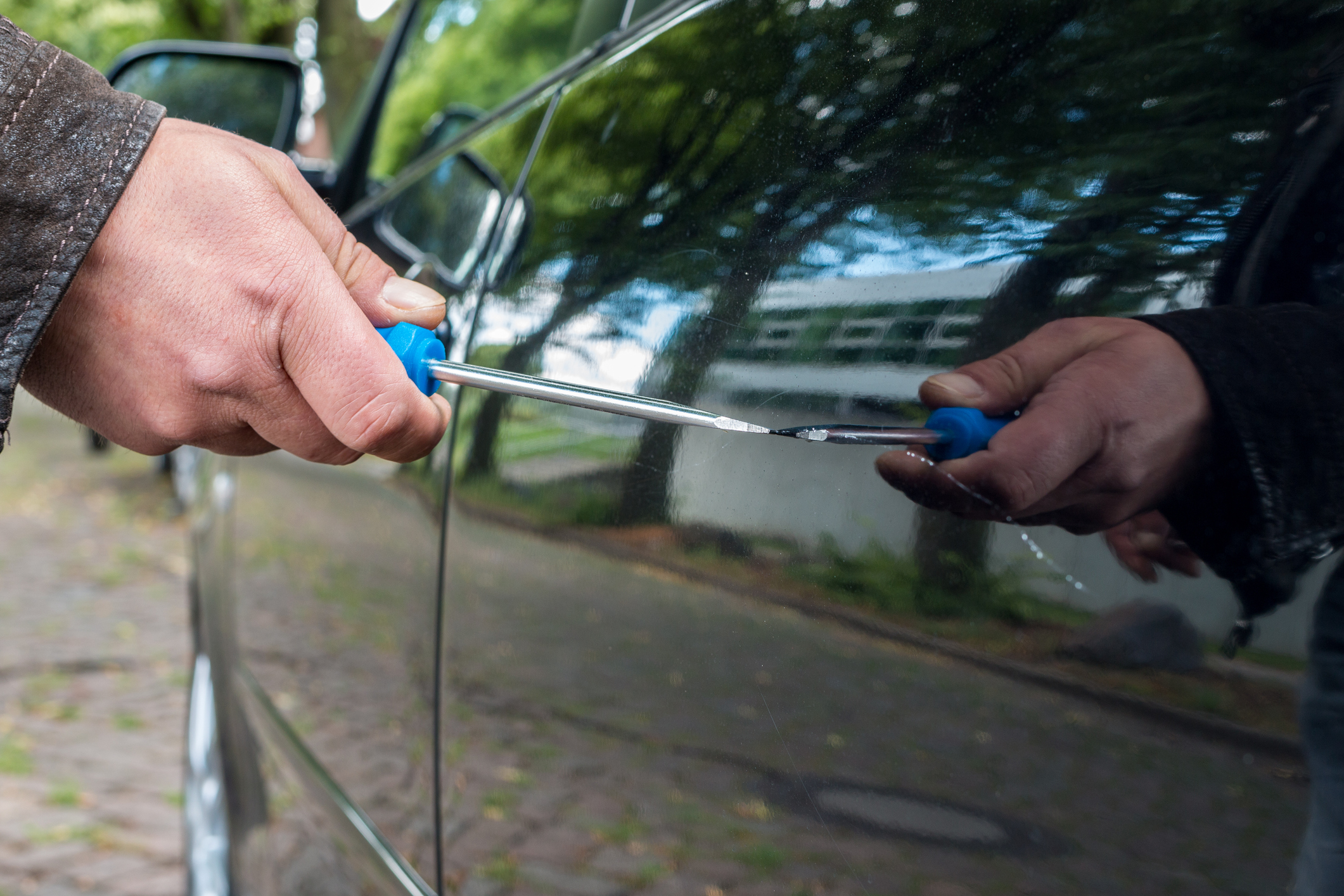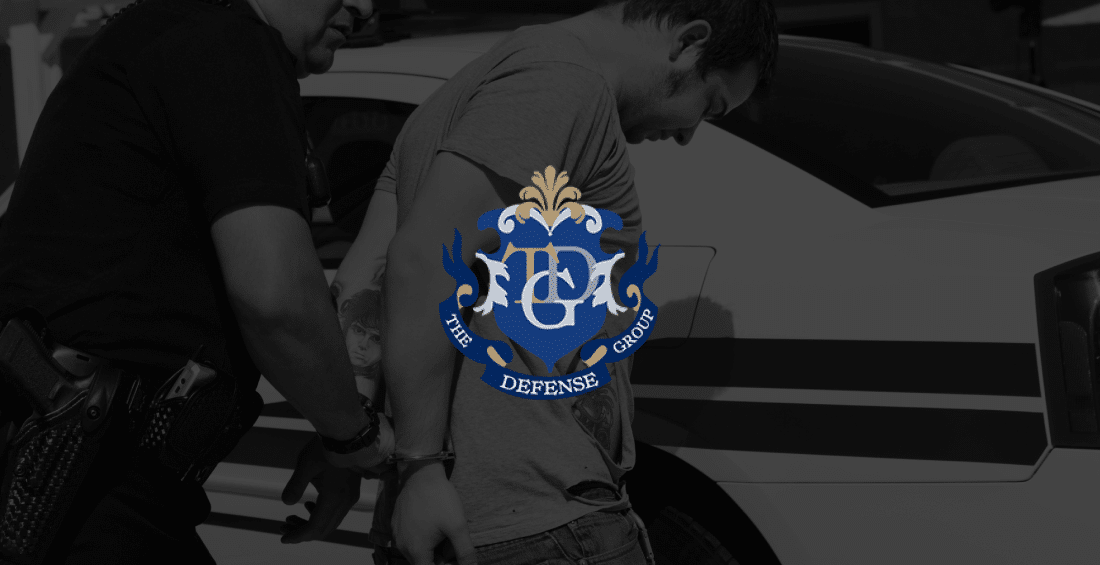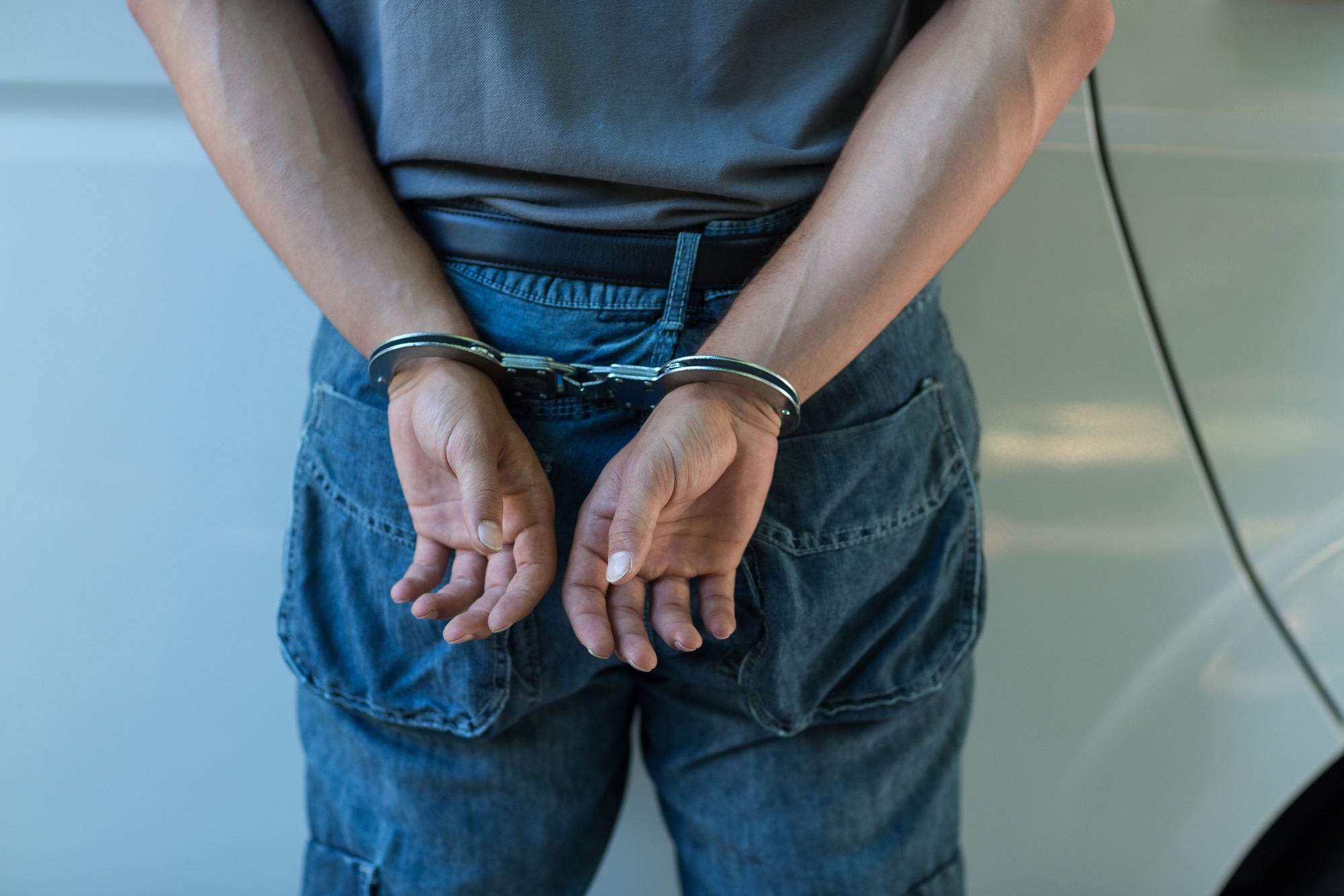What is Criminal Mischief in Florida?
When people hear the word “mischief,” many think of children misbehaving. Mischief often connotes silly but harmless behavior. While this may be true in daily life, it’s a much different picture regarding the law.
Under Florida law, criminal mischief is a crime. It is defined under Title XLVI, Chapter 806 of Florida Statutes. Criminal mischief covers various criminal behavior, primarily related to property crime. Under Chapter 806, criminal mischief includes but is not necessarily limited to:
- Vandalism
- Graffiti
- Damage or Vandalism to a House of Worship
- Damage or Vandalism to a Protected Historical Site
- Damage or Vandalism to a Public Telephone or Phone Equipment
- Displaying an Image on Property Without Consent
These are only a few of the behaviors considered criminal mischief. Although it deals primarily with property crime, Section 806 is incredibly detailed in the list of behaviors that are deemed arrestable offenses. This is due to Florida’s concern with graffiti and other forms of vandalism, which has become a problem for many Florida cities in recent years.
As a result, the police have begun taking property crimes—especially those involving vandalism and graffiti—more seriously. This potentially translates into hefty fines and jail time for anyone charged with criminal mischief. That’s why it isn’t child’s play if you or a loved one have been arrested for criminal mischief in Florida. You need to immediately contact an experienced defense attorney from our team to avoid potential jail time.
What are the Punishments for Criminal Mischief in Florida?
The potential sentences can vary greatly because of the complexity of Florida’s criminal mischief law. This is why it’s important to have an experienced defense attorney on your side.
For example, say someone decides to graffiti a car. Simply by marking the vehicle, they’ve already committed criminal mischief. However, the extent of any damage drastically alters the possible consequences. If the damage were less than $200, it is considered a second-degree misdemeanor, punishable by up to two months in jail and a $500 fine. However, if the damage was greater than $200 but less than $1,000, it would become a first-degree misdemeanor, punishable by a year in jail and a $1000 fine.
If the damage caused is $1,000 or greater, the criminal mischief becomes a third-degree felony. A third-degree felony is punishable by up to five years in prison, five years probation, and a $5,000 fine. Regardless of the charges, if a person is found guilty, they may also be made to pay restitution to the victim in addition to any penalties.
These are only a few examples of how a seemingly simple criminal mischief charge can result in serious jail time. What someone intended as a playful act can translate into years behind bars. Returning to the above example, a restorative paint job on a car averages $3,000. Even a basic paint job costs $1,000. That means a single act of car vandalism could be charged as a third-degree felony and result in a five-year prison sentence.
Charges can become more severe depending on where the criminal mischief occurred and what property was vandalized or damaged. For example, graffiti or damage to a historic site or a house of worship is a third-degree felony if the damage is at least $200 or more. Graffiti or damage to private property that occurs while someone is trespassing becomes a second-degree felony, punishable by up to fifteen years in prison and a $10,000 fine.
Due to the extent of Florida’s graffiti problem, the law is exceptionally comprehensive in categorizing different types of criminal mischief and their potential punishments.
Does the Criminal Mischief Law Only Cover Vandalism and Graffiti?
No. While the majority of the law is concerned with graffiti and damage to property, it also includes other types of property crimes. For example, Section 7 of Chapter 806 covers illegally displaying images on property without permission. Under the law, an image is defined as anything in the “likeness of a person or object, including text, graphics, logos, other artwork, or any combination thereof.” Illegally displaying images could range from putting up posters or advertisements without permission to projecting images onto a building. This means that under Section 7, an individual can be charged with criminal mischief even if they didn’t cause damage to the property in question.
Illegally displaying an image is considered a first-degree misdemeanor under Florida’s criminal mischief laws. If the displayed image contained a threat, it becomes a third-degree felony. Depending on the image’s content, it could be classified as a hate crime under Florida law. When a crime is classified as a hate crime, the penalty is reclassified. This means the punishment is potentially more severe. For example, a crime usually considered a first-degree misdemeanor becomes a third-degree felony. A third-degree felony can become a second-degree felony.
These are only a few examples of behavior that can be considered criminal mischief under Florida law. Depending on the circumstances, a person may face multiple charges, each carrying the potential of jail time and heavy fines. Even a single year in jail can derail a person’s entire life. It could ruin relationships, cost a person their career, make finding new employment difficult, and even restrict where they live.
What Should I Do if I’m Arrested for Criminal Mischief?
Florida takes property crime, vandalism, and other ” mischief ” behaviors seriously. Don’t let an impulsive act define the rest of your life. If you or a loved one have been arrested for criminal mischief in Florida, don’t hesitate to call one of our attorneys at The Defense Group today. Our attorneys bring 100+ years of experience to every case. We don’t believe that one act should define a person forever. In fact, we think everyone deserves a second chance. Our greatest hope is for all our clients to avoid jail time or fines.
Criminal mischief may sound minor, but the State of Florida doesn’t think so. Don’t let charges of criminal mischief end with a prison sentence. If you or a loved one have been charged with criminal mischief, call us today at 407-743-8430 to schedule your free consultation and start the journey down the road to freedom.











